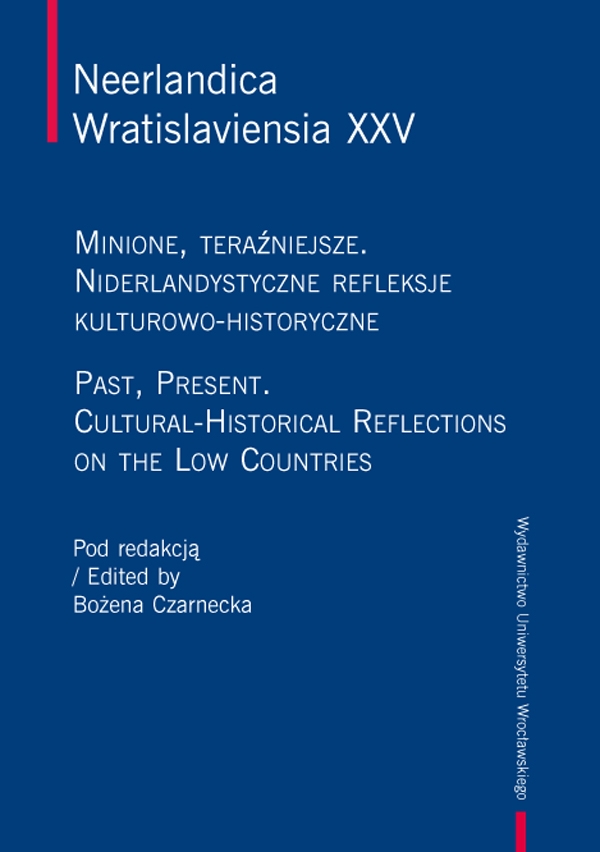

Articles

The surprisingly long World War Iwas arevolutionary experience for the Europeans living at the turn of the 20th century. It made its influence felt on entire societies, forcing them to fully mobil-ise, and destroyed the established social order, norms, and hierarchies. In the present article Iwish to show several regularities and paradoxes regarding the social consequences of the war, with emphasis on Great Britain, France, Belgium, and Germany — the countries whose citizens experienced the trauma of the war first-hand in the trenches of the Western Front. Ipresent the consensus of modern historiography with regards to questions, such as why did the Europeans not even try to end the conflict in accordance with diplomatic practices established in the 19th century, what enabled them to endure the hardships and cruelties of the prolonged conflict, and how it influenced the mutual relations between the government and citizens, genders, or generations and lastly — who paid for it all.